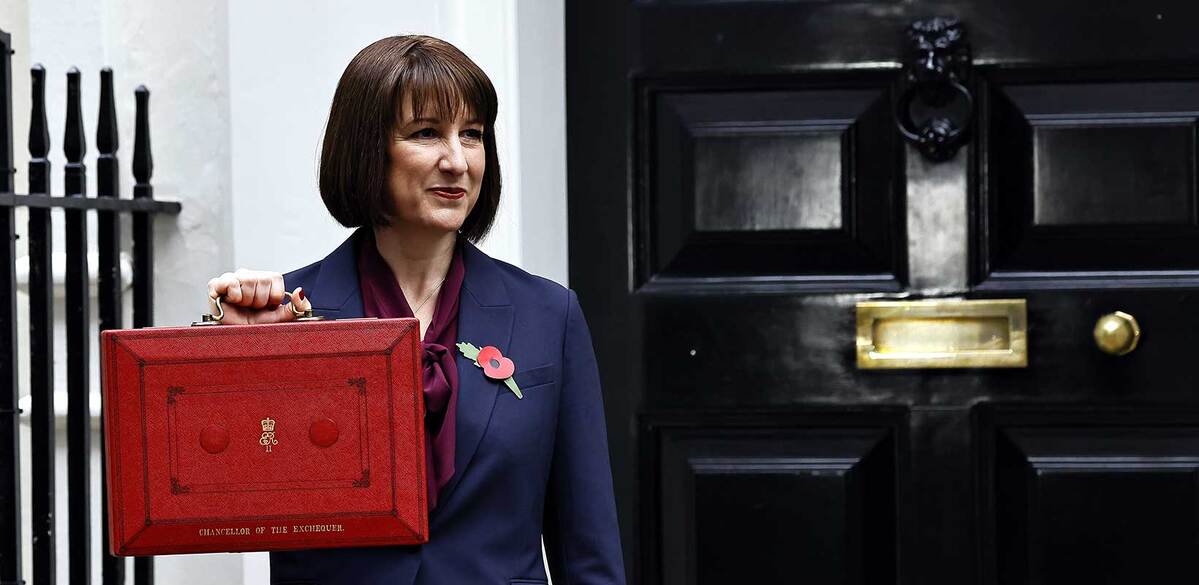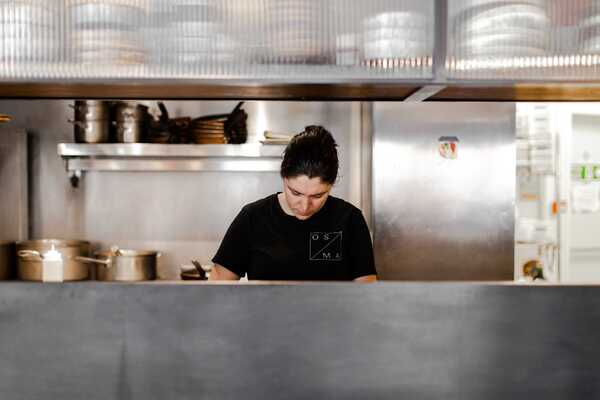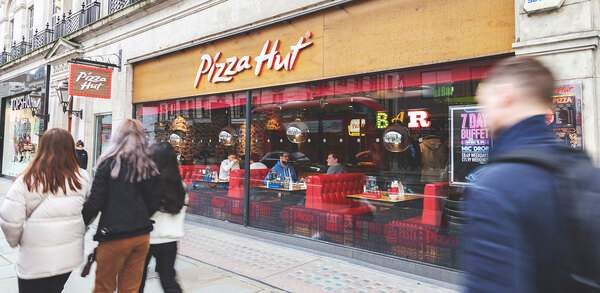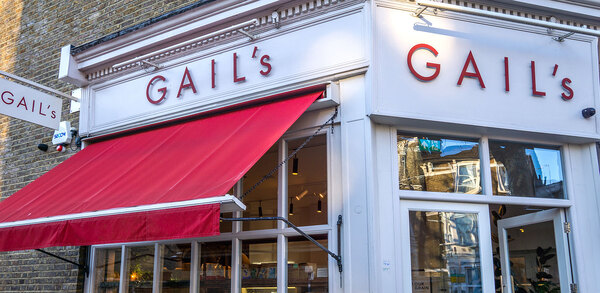Unemployment rate increases as wage growth shows signs of easing
The number of vacancies has fallen to the lowest level since May 2021.
The UK unemployment rate rose by 0.3% in the three months to September, reaching 4.3%.
Data from the Office for National Statistics (ONS) also showed that pay growth had continued to slow.
While pay growth eased to 4.8% between July and September, it’s lowest rate for two years, it remains ahead of inflation. Pay growth, excluding bonuses, averaged 4.8%, down from 4.9% the previous quarter.
The number of vacancies in the market also fell to the lowest level since May 2021.
While the unemployment rate rose, so did the number of payrolled employees, which saw a 0.3% year-on-year increase in October.
Meanwhile, economic inactivity – when an unemployed person is not looking for work – fell to 21.8%.
The ONS has advised caution in interpreting trends from short-term statistical shifts, but Liz McKeown, director of economic statistics at the ONS, told the BBC’s Today programme that the latest figures suggested a "continued easing of the labour market".
This morning’s data came after employers warned that a hike in National Insurance and an increase in the minimum wage from April could impact jobs in the sector.
The board members of UKHospitality, as well as a further 209 hospitality businesses, have signed a letter to the chancellor, Rachel Reeves, detailing the consequences of the increase in employer taxation.
The government is to increase the rate of employer Class 1 National Insurance Contribution rates (NICs) from 13.8% to 15%, as well as reducing the per-employee threshold at which employers become liable to pay National Insurance from £9,100 to £5,000 a year from 6 April 2025.
Analysis by UKHospitality revealed the increases to employers’ NICs and wages will hit hospitality harder than other industries, with a 10% rise in the cost of employing a worker, amounting to at least £2,500 per employee.
In a letter to the chancellor, the bosses of Fuller’s, Stonegate Group and Whitbread, among others, said: “There is no capacity to pass the costs onto customers. Businesses would be reluctantly forced to raise prices by 6%-8%, fuelling inflation, yet could not realistically do so as our customers are at the end of their ability to pay more.
“We understand that these proposals come at an immediate financial cost, but we are absolutely firm in our belief that the lost growth potential, which would result from inaction, would be substantially more expensive, for the economy, for society and for the public finances.”
Operators in the retail sector have also warned of job losses, while hairdressers, nurseries and care homes have said that increased costs mean they may face closure.
Photo: Sean Aidan Calderbank/Shutterstock



















